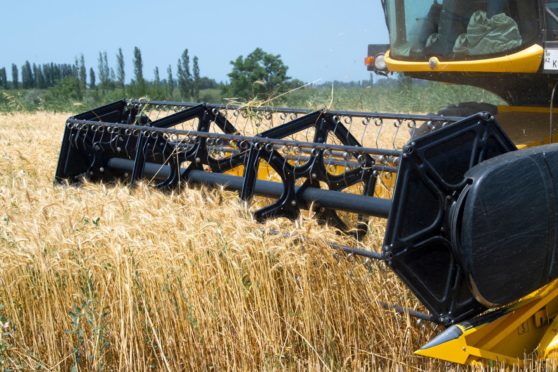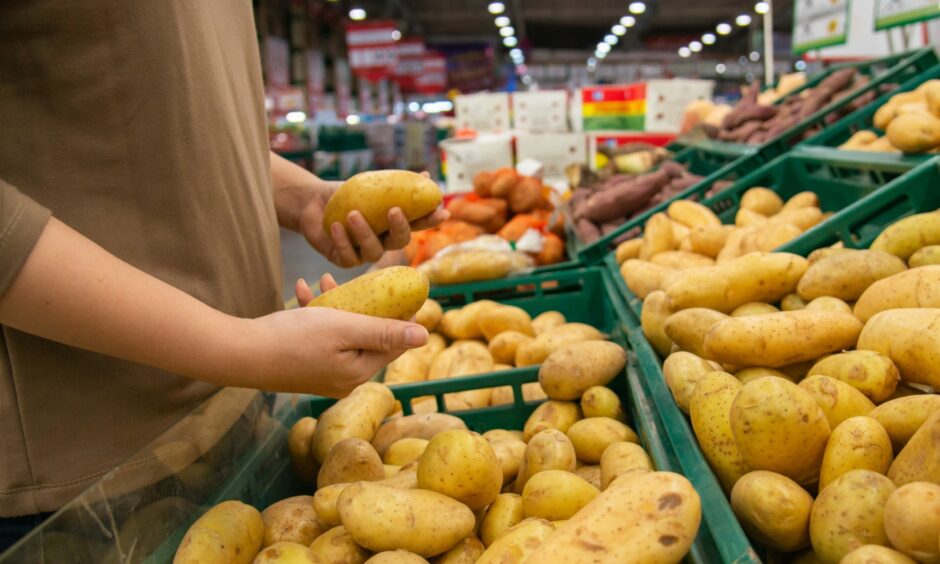Almost nine in 10 Scots want to eat more local produce and 70% are concerned about the UK’s reliance on imported foods, according to a new survey.
Results from a YouGov survey of more than 2,000 adults across the UK also reveal 84% of Scots want to see improved education around the journey from farm to fork, and 74% are concerned that food and agriculture is not one of the main agenda topics at the upcoming COP26 climate summit in November.
The survey, which was carried out on behalf of the Agricultural Biotechnology Council (ABC), also found 81% of Scots agree that farmers should be able to benefit from the innovations – such as gene editing – that could help them play their full role in tackling climate change.
Only a fifth backed a focus on organic farming, and 62% of those surveyed said they supported making food production a more sustainable process through the use of more innovative farming techniques and methodologies.
UK-wide survey results showed 42% agreed that there should be greater encouragement of balanced diets, and 33% said providing consumers with a greater choice of food by utilising different production techniques was important.
Agricultural Biotechnology Council chairman, Mark Buckingham, welcomed the findings and said British farmers had helped the country through some of its most difficult times by ensuring a safe supply of healthy, good quality and affordable fresh produce over the last few months.
“As all of us deal with the impact of climate change and environmental extremes, it is vital that we are equipped to access all the tools available,” said Mr Buckingham.
“If food production is to remain both resilient and sustainable, farmers must have access to technologies like gene editing.”
He added: “The role agricultural technology can play in helping reach net-zero ambitions and meet the UN’s Sustainable Development Goals cannot be understated, therefore it is important that farming and innovation is on the agenda at COP26.
“Equally it is important that consumers are well informed about how food gets form farm to fork and the challenges faced by farmers to be both sustainable and productive.”

